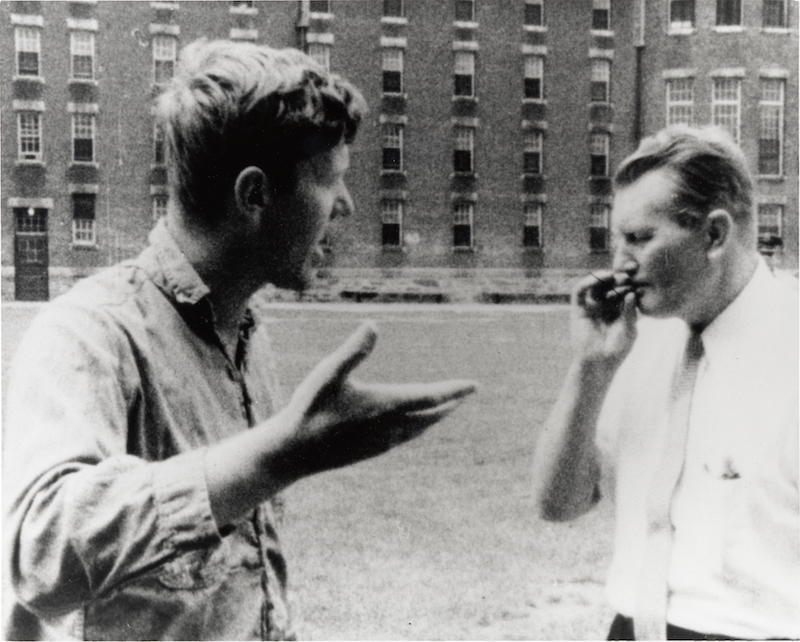
I recently saw Titicut Follies, the 1969 documentary film about the harrowing conditions in a Massachusetts prison for the criminally insane. The movie was banned by the state of Massachusetts until it was deemed unconstitutional in the late 80s.
One of the subjects is a man who has been transferred from a regular prison to this mental facility. He is very clearly sane, and argues logically in his own defense. His explanations are never taken seriously.
At a hearing of some kind, after the man has once again logically laid out that he is not crazy, the officials talk amongst themselves.
“It’s classic paranoid delusions,” says a nurse, “If you accept his basic premise, everything else he says is quite logical. Of course, his basic premise is incorrect.”
All I could keep thinking was that context largely shapes perception; the man was in the nut house, hence he must be nuts.
Hauntingly, he kept repeating, “You’re harming me.”
That got me thinking about how many other times we completely reject each other’s reality because we “reject their basic premise.” I’m not arguing for subjective reality, but I think a lot of what is happening politically is the result of ignoring basic premises. We don’t have different points of view, in America; we have different planets.